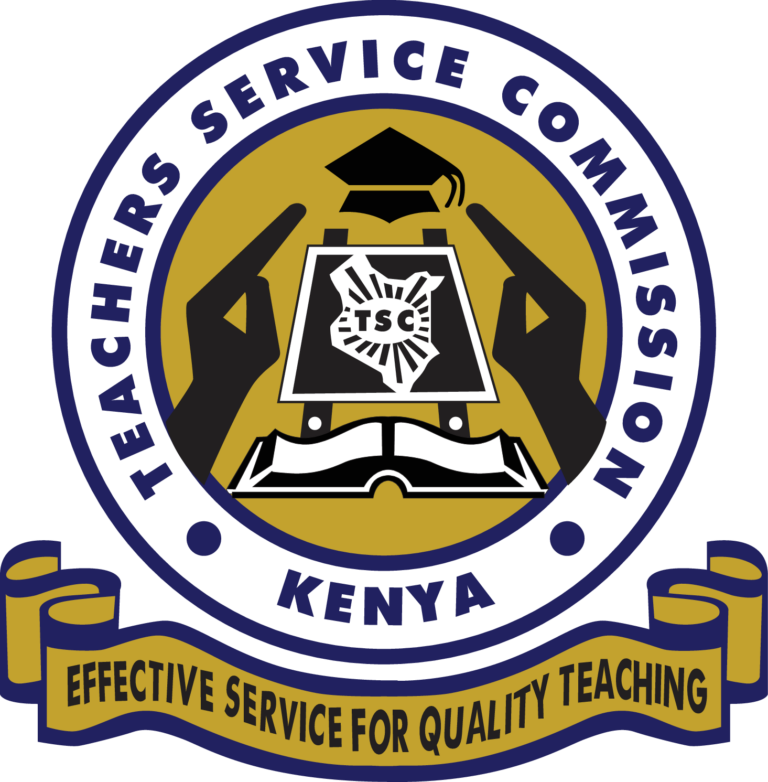The Teachers Service Commission (TSC) has finally lifted the lid on how it decides who gets promoted — and the criteria may surprise many.
In a move to boost transparency and fairness, TSC has rolled out a standardized scoring system designed to objectively assess teachers during promotion interviews.
According to the Commission, the new system takes into account several key factors — and rewards long-serving, dedicated educators who have often been overlooked.
One standout feature is the additional marks awarded to teachers who have taken on acting administrative roles, such as deputy head teacher or head of department, even if they were never officially confirmed in the position.
This is a major win for thousands who have shouldered leadership responsibilities without formal recognition or title.
Another significant factor is job grade longevity.
Teachers who have remained in the same job group for a lengthy period are now awarded higher scores during the promotion process.
This is meant to acknowledge patience and consistent service, especially for educators who have waited years — sometimes decades — for upward mobility.
We’re focusing on merit and fairness,” said a TSC official.
“Those who have put in the work, led schools in acting capacities, or been stagnant in one grade through no fault of their own will now see that effort recognized.”
ACADEMIC QUALIFICATIONS
The Commission also considers academic qualifications, professional development, and performance appraisals — but this shift toward recognizing time served and informal leadership roles could significantly change the promotion landscape.
Teachers across the country are cautiously optimistic.
Finally, it feels like someone is seeing us,” said one long-serving teacher who has held an acting role for over five years without promotion.
With the new criteria in place, many educators who’ve been stuck in the system are now hoping for long-overdue progress — and respect.
